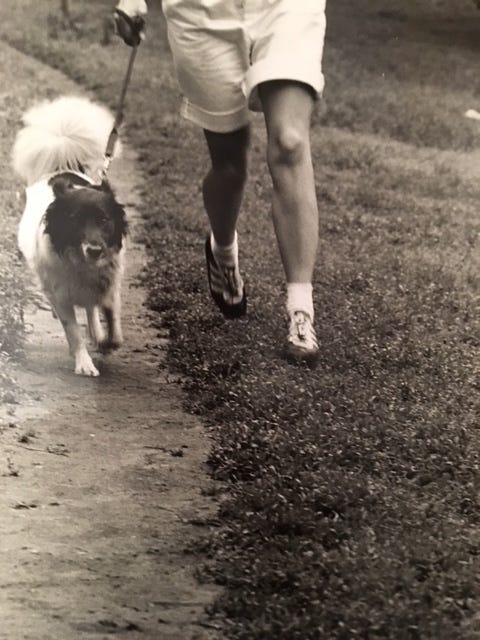Hump
What can you see?
I published an earlier version of this piece in 1997 in a book of novella-length memoirs called Close to the Bone (Grove). When I reread older work, I’m looking for what still sings and feels alive. A lot of the original of this has been left on the cutting room floor. Snakes have to keep shedding their skin.
The stac…
Keep reading with a 7-day free trial
Subscribe to Everything is Personal to keep reading this post and get 7 days of free access to the full post archives.


